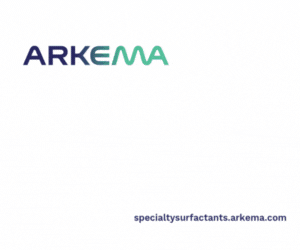Using the MSCR Test to Validate Polymer Modification in Asphalt Binders
In the last Lab Corner, it was noted that the high temperature specification parameter in Table 1 of AASHTO M320—G*/sin d—has been shown to relate poorly to rutting for many “premium grade,” modified asphalt binders. This has led to the development of the multiple stress creep-recovery (MSCR) test as a potential replacement for the conventional G*/sin d test in the specification. From the MSCR test, the new high temperature specification parameter is determined by dividing the non-recoverable (or permanent) shear strain by the applied shear stress. The result is called the non-recoverable creep compliance, or Jnr.
While the MSCR test (AASHTO TP70) can be used to generate the Jnr value, it can also be used to determine the elasticity of the asphalt binder by measuring the recovery percentage from peak loading. In this, the test operates similarly to other PG-Plus tests, such as the Elastic Recovery test (AASHTO T301), in ensuring the presence of polymer modification in an asphalt binder. Research conducted by the Federal Highway Administration has correlated Jnr and recovery values from the MSCR test for many modified asphalt binders. Based on this data, minimum recovery values can be specified for certain values of Jnr. This is shown graphically in Figure 1. Asphalt binders that fall below the curve in Figure 1 are considered to have low elasticity; those that are above the curve are considered to have high elasticity.
It is important to remember that the high temperature binder specification parameter from the MSCR test is Jnr. If the asphalt binder meets the appropriate Jnr specification, then it should be expected that it will minimize its contribution to rutting. However, if a user agency wants to validate that an asphalt binder has been polymer-modified, adding the appropriate MSCR recovery value as a minimum requirement is an option.
For more information or to get a quote on performing the multiple stress creep-recovery (MSCR) test for asphalt binders, please contact either Mike Anderson or Gary Irvine of the Asphalt Institute Lab.














